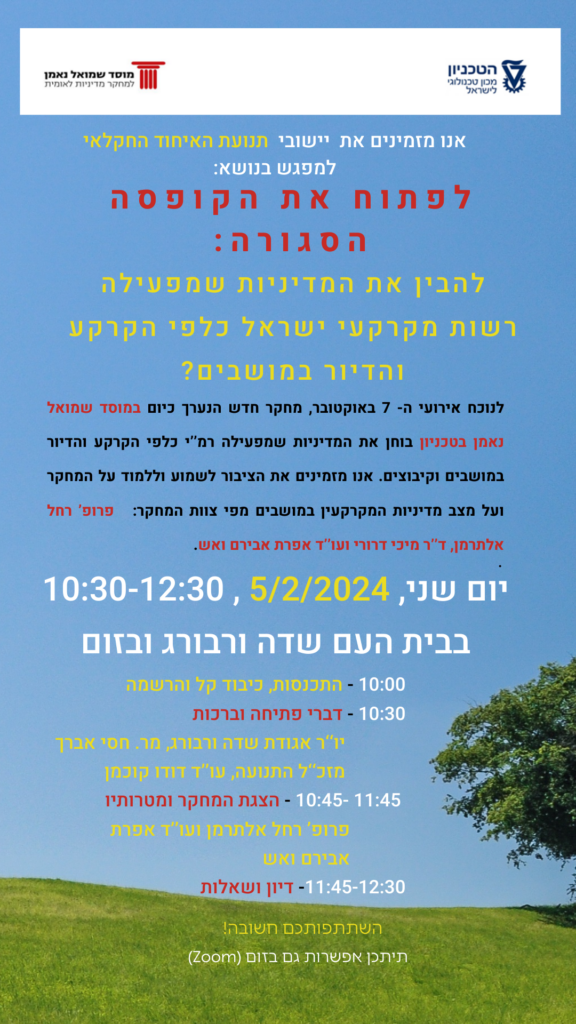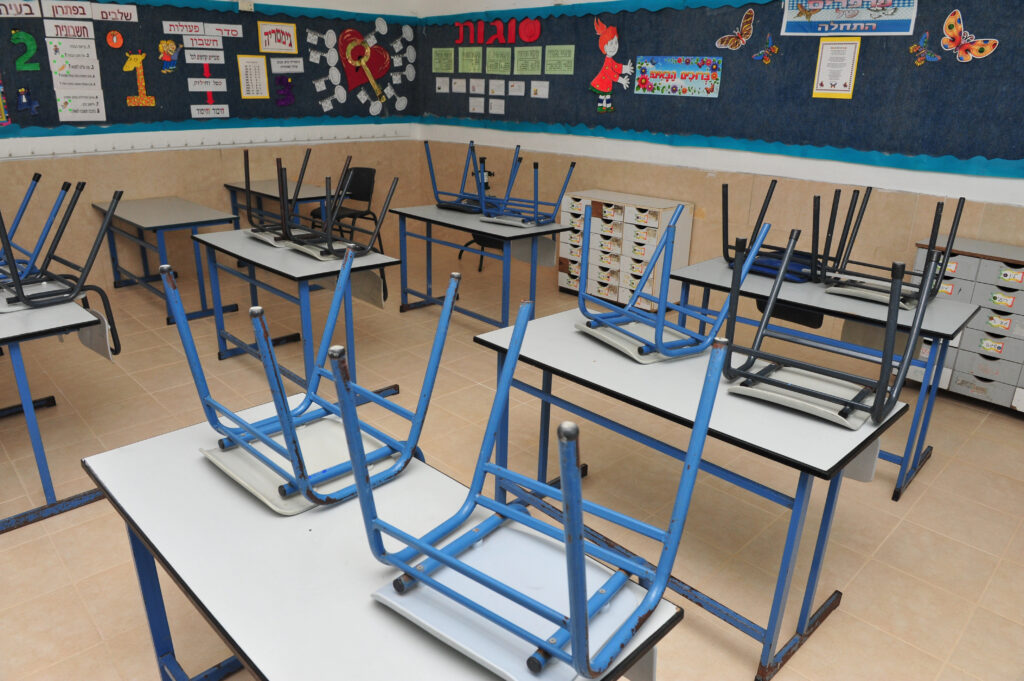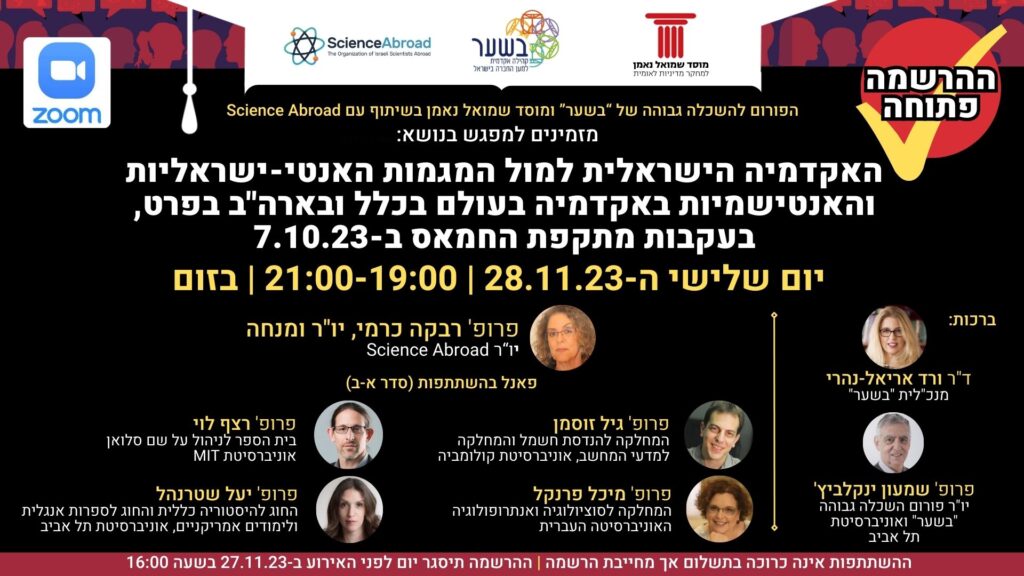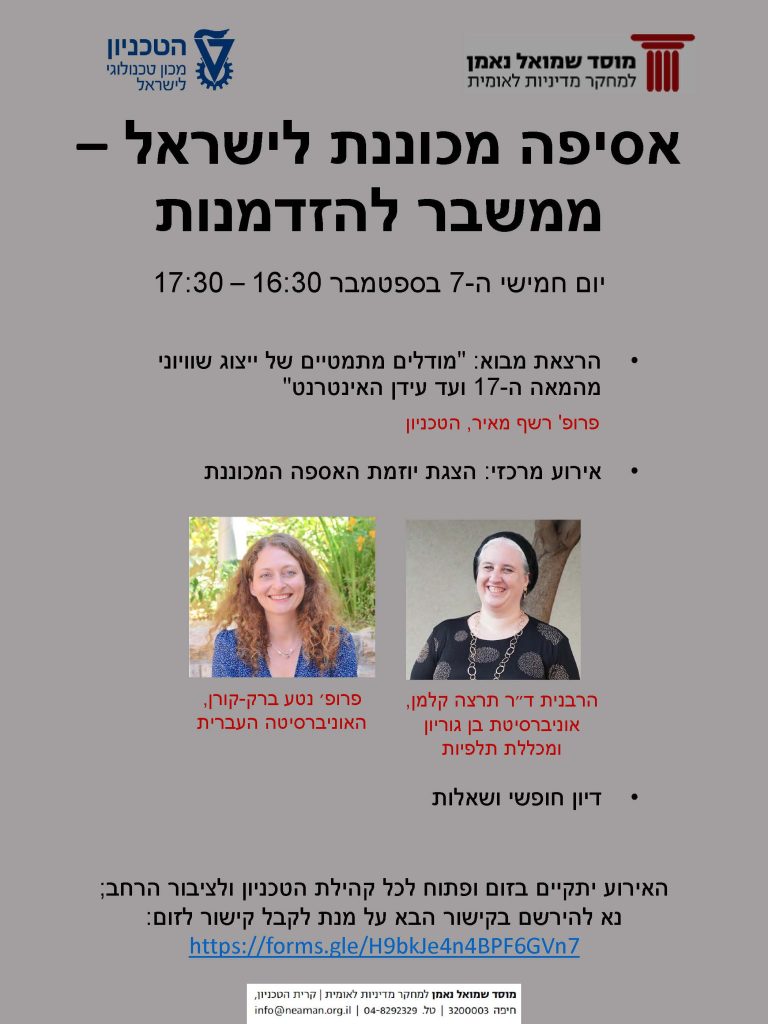סקירה זו על התפתחויות בחינוך הגבוה בתחום הנדסת האלקטרוניקה והמחשבים בעולם ובארץ, כולל השלכות לעדכון תוכניות הלימודים, מהווה אחד מארבעה שלבים של פרויקט “אלקטרוניקה 2000”, המיועדים ליצור תשתית מעודכנת לתעשיית האלקטרוניקה בישראל. נערך חקר בהתפתחות החינוך ההנדסי הגבוה (תוך התמקדות בדיסציפלינה של הנדסת חשמל / אלקטרוניקה ומחשבים) בארה”ב, באירופה ובארץ, תוך התחקות אחר מגמות השינויים וגורמיהם בתכנים וההקשרים להתפתחות המדעית-טכנולוגית שהעולם המודרני עובר בעשורים האחרונים. בהתאם לכך בוצעו השוואות בין תוכניות לימוד הנדסת אלקטרוניקה בארץ ובחו”ל בעבר ובהווה. בוצע גם ניתוח ההשפעה של איחוד אירופה על החינוך ההנדסי הגבוה בארצות הקהילייה האירופאית. תשומת לב מיוחדת ניתנה להרכב הכללי של תוכניות הלימודים (לתואר ראשון ולתואר שני) למשקלי מקצועות המתמטיקה, מדעי הטבע, מדעי ההנדסה (תיאורטי / בסיסי), מקצועות יישומיים, מעבדות / פרויקטים, מקצועות הומניסטיים ומקצועות כלליים (כמו אנגלית, כלכלה, תקשורת בין אישית וכו’) בארצות השונות ובארץ. הופעת המחשבים מהווה ללא ספק אחד הגורמים לשינויים דומיננטיים הן בתכנים המקצועיים בתחומי האלקטרוניקה השונים (עד כדי היווצרות תחום הנדסת המחשבים בו מוענק תואר B.Sc.) והן בדרכי החשיבה המקצועית והפדגוגית. במסמך זה מוצעת גם מתודולוגיה המסייעת בשלב של קבלת ההחלטות אם לכלול נושא בתוכנית הלימודים – זאת עפ”י מטרות התוכנית ומאפייני הנושא. לבסוף מוגש ניתוח של מגמות אפשריות בהרכבת תוכנית לימודים מעודכנת למהנדסי אלקטרוניקה בישראל, תואר ראשון ותואר שני.
 / דוחות ומחקרים / אלקטרוניקה 2000: התפתחויות בחינוך ההנדסי הגבוה בתחום האלקטרוניקה
/ דוחות ומחקרים / אלקטרוניקה 2000: התפתחויות בחינוך ההנדסי הגבוה בתחום האלקטרוניקה










